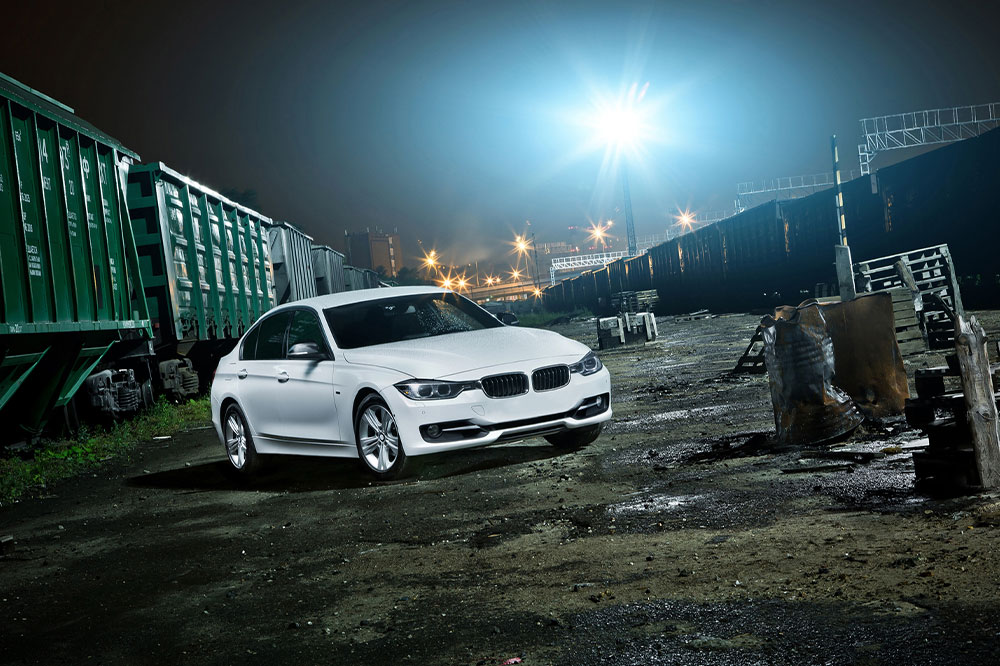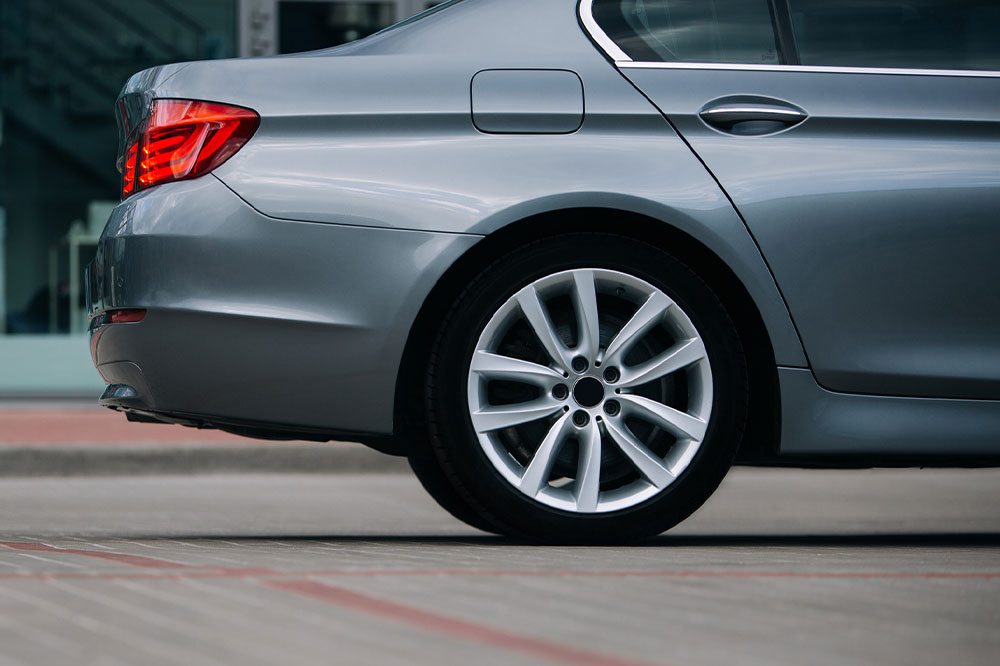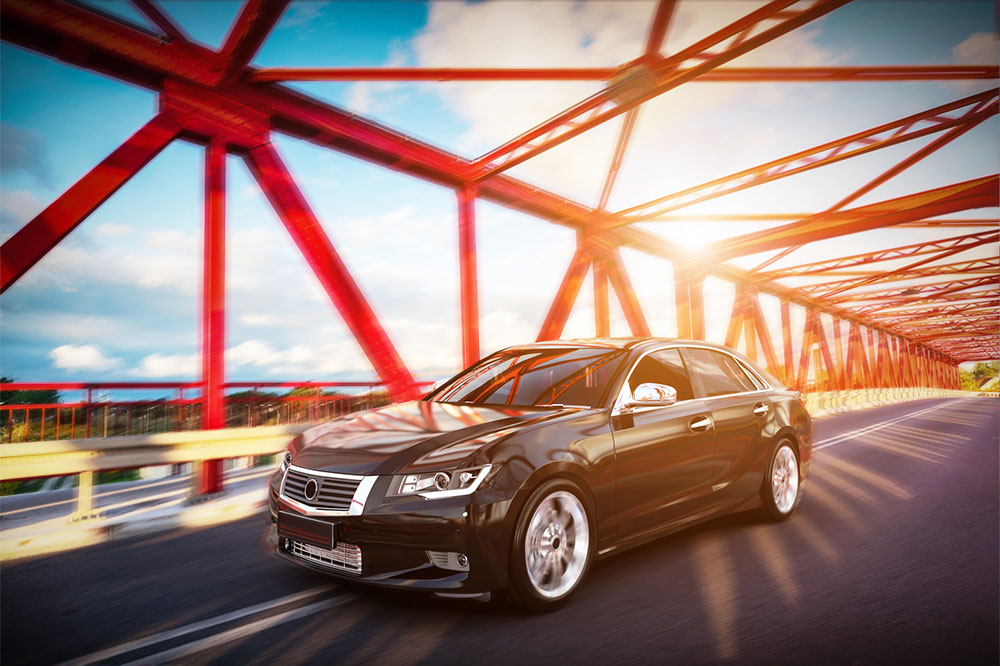Comprehensive Guide to Buying a Used BMW: Tips for Secure and Smart Purchases
This detailed guide offers essential tips for buying a used BMW, covering model selection, evaluation, maintenance, and cost considerations. Empower yourself with expert insights to make a safe and confident purchase, ensuring you get the best value and performance from your pre-owned BMW. Whether you're a first-time buyer or an experienced enthusiast, these tips will help you navigate the used car market effectively.

Comprehensive Guide to Buying a Used BMW: Tips for Secure and Smart Purchases
Owning a BMW is often associated with prestige, luxury, and cutting-edge style, making it a highly sought-after choice for car enthusiasts and everyday drivers alike. Whether you are considering purchasing a new BMW or exploring the options in the pre-owned market, it's imperative to approach the process with careful planning, extensive research, and informed decision-making. Buying a used BMW can be an excellent way to enjoy German engineering at a more accessible price point, but it also requires understanding specific factors that influence the vehicle's performance, value, and longevity. This comprehensive guide aims to provide valuable tips and insights to help you make a confident, informed, and rewarding purchase of a used BMW.
When considering a used BMW, start by identifying the model that best suits your lifestyle and preferences. BMW offers a wide range of vehicle types, including sleek coupes, luxurious convertibles, versatile wagons, elegant sedans, and robust SUVs such as the renowned BMW X5. Each model comes with distinct features, engine options, and maintenance requirements, so understanding these aspects upfront is crucial. For example, if you are eyeing an SUV, the BMW X5 is popular for its spaciousness and performance but tends to be more expensive to maintain. Conversely, sedans like the 3 Series or 5 Series might offer a balance between affordability and luxury.
Evaluating the engine type—whether diesel or petrol—is another key step. Diesel engines are known for their fuel efficiency and durability but may face stricter environmental regulations in some regions. Petrol engines generally provide smoother acceleration and less complex maintenance. It’s essential to consider the vehicle’s history of repairs, whether it has undergone significant engine work, or if parts like turbochargers or electronic components have been replaced. A thorough assessment of the engine condition will help you estimate future repair costs, which can sometimes be extensive, especially with turbocharged or high-performance engines. Major repairs, such as engine replacements, can cost upwards of $50,000, so it’s prudent to evaluate these possibilities beforehand.
Another critical aspect of purchasing a used BMW involves reviewing its maintenance and service history. Request comprehensive records that detail routine maintenance, part replacements, recent repairs, and any previous accidents or damages. Vehicles with a clean service record and regular maintenance are typically more reliable and less likely to require immediate costly repairs. Additionally, checking for accidents or flood damage via vehicle history reports—offered by trusted sources or paid services—can reveal hidden issues that might affect the vehicle’s safety, performance, and resale value. Online tools and databases can assist you in this process, but it’s always wise to have a qualified mechanic inspect the car before purchase to uncover any concealed damages, such as frame rust or water intrusion.
The market value of a used BMW varies based on age, mileage, condition, model, and regional demand. Recognizing that BMWs tend to depreciate rapidly, it’s important to research current market prices through valuation tools and dealership listings. These insights can help you formulate a fair offer, whether you plan to buy through a dealership, a private seller, or a trade-in. Certified pre-owned (CPO) BMWs are often a safer investment, as they undergo rigorous inspections and come with warranties that can provide added peace of mind. Keep in mind that luxury models like the 7 Series or M Performance variants may hold their value slightly better but come with higher maintenance costs. It’s essential to set a realistic budget that accounts for potential repairs, insurance, and ongoing upkeep.
Potential repairs and maintenance costs are significant considerations when purchasing a used BMW. Common issues include electronic system glitches, seat fabric or leather wear, and components like sensors, alternators, or cooling systems requiring replacement over time. BMW’s advanced turbocharged engines, while providing impressive performance, can sometimes encounter problems such as stalling, rough idling, engine noises, or loss of power. These issues may necessitate expensive repairs, including engine or turbo replacements, which could cost $10,000 or more. Therefore, a detailed inspection of the vehicle’s electrical and mechanical systems is advisable, preferably by a mechanic experienced with BMW models.
Ensuring the car complies with local emission standards and regulations is also important, especially in regions with strict environmental policies. Check the vehicle’s emission report and verify that it meets legal requirements to avoid future legal complications or costs. In addition, confirm whether the vehicle is still under any transferable warranty or if extended warranties are available for pre-owned cars, offering coverage for maintenance, repairs, and potential defects. Many manufacturers and third-party providers offer warranties that can significantly reduce repair costs and provide peace of mind during ownership.
Ultimately, making a sound purchase decision involves assessing various factors, including market price, vehicle history, condition, and potential future costs. Enlisting the expertise of a certified BMW mechanic can help identify hidden issues that are not apparent during a visual inspection. When negotiating, leverage market valuation reports to determine a fair price and consider various purchasing options—dealerships, private sales, or trade-ins. Remember that even though used BMWs are generally expensive compared to mainstream brands, their depreciation over time can make them more affordable in the long run, especially if well-maintained. Choosing a certified, well-documented, and carefully inspected used BMW ensures you enjoy the luxury, performance, and reliability associated with the brand without unexpected surprises on the road.





